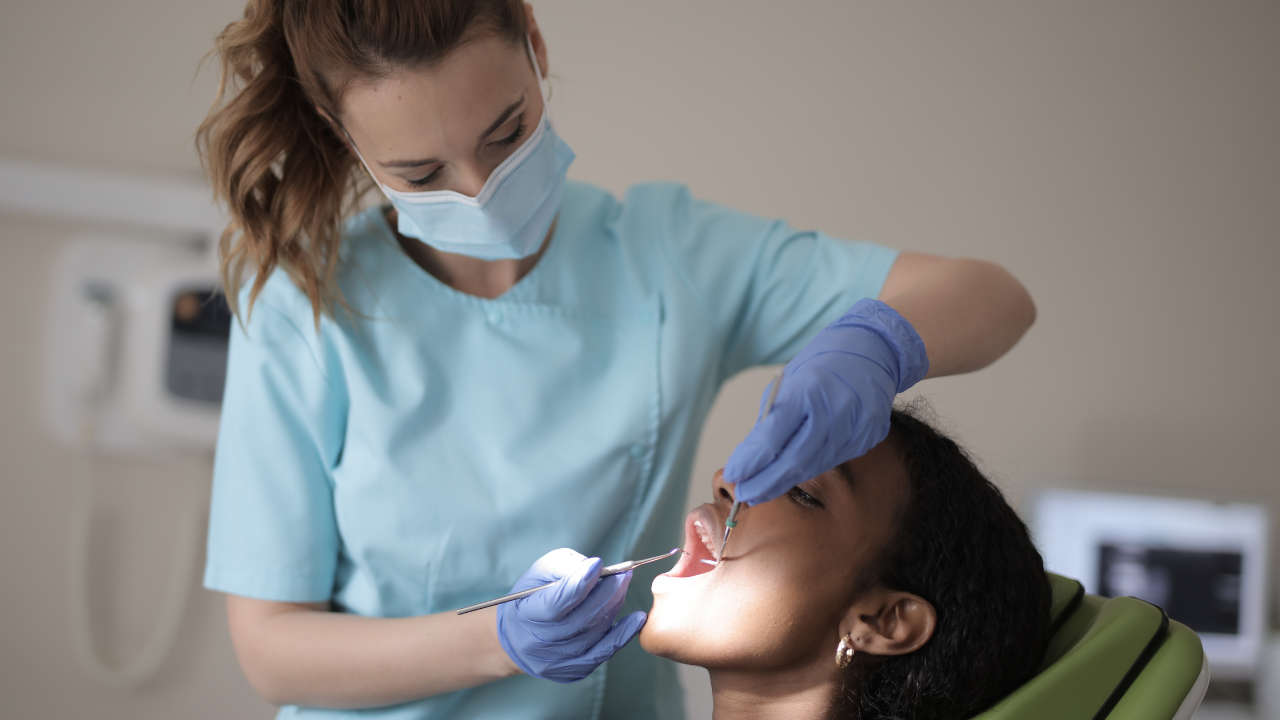
More than 650 patients with tooth decay issues have been in hospitals in Morecambe Bay over the past three years as the dental crisis deepens.
New figures show that 665 patients had a diagnosis of tooth decay during their spell at University Hospitals of Morecambe Bay NHS Foundation Trust hospitals and health care centres since 2021.
These include the Royal Lancaster Infirmary and Queen Victoria Hospital in Morecambe.
According to the BBC and the British Dental Association (BDA), 90 per cent of dentists across the UK are not taking on new NHS adult patients, and many refuse to see a child unless a parent is signed up as a private patient.
Inability to get a dentist appointment or afford dental care means that more and more people suffering with teeth problems are turning to A&E as a last resort, says the BDA.
In 2021/22, the number of patients diagnosed with tooth decay in Morecambe Bay hospitals stood at 276.
A year later, this number decreased to 188, which is the lowest number of patients diagnosed with tooth decay over the three-year period.
The past year has seen an increase in patients diagnosed with tooth decay and related issues, standing at 201, which is seven per cent higher than the previous year.
Tooth decay is the biggest primary cause of NHS hospital admissions for children in England aged between five and 17, as 40% of children no longer have access to regular dental appointments.
Between April 2022 and May 2023, 30,000 children and more than 70,000 adults in England were admitted to A&E with tooth decay.
Many places in the UK are now considered to be ‘dental deserts’, where 100 per cent of dentists are not taking on new patients.
The figures were obtained by Public Interest Lawyers from a series of Freedom of Information (FOI) requests.
They also asked how many patients diagnosed with tooth decay, or dental issues were aged between 5 and 17.
In 2021/22, there were 25 patients aged 5-17 before this figure dropped to 20 a year later.
The number of under-18 patients then decreased again in 2023/24, with the total being 9.
Labour’s analysis of patient survey data suggests that 4.75 million people across England were denied an appointment with an NHS dentist in the past two years.
Figures show millions of people were either told no appointments were available or that the practice they contacted was not taking on new patients.
Cat Smith, MP for Lancaster & Wyre (below), said: "Access to NHS dentistry is a topic which I have been receiving ever increasing numbers of emails about.
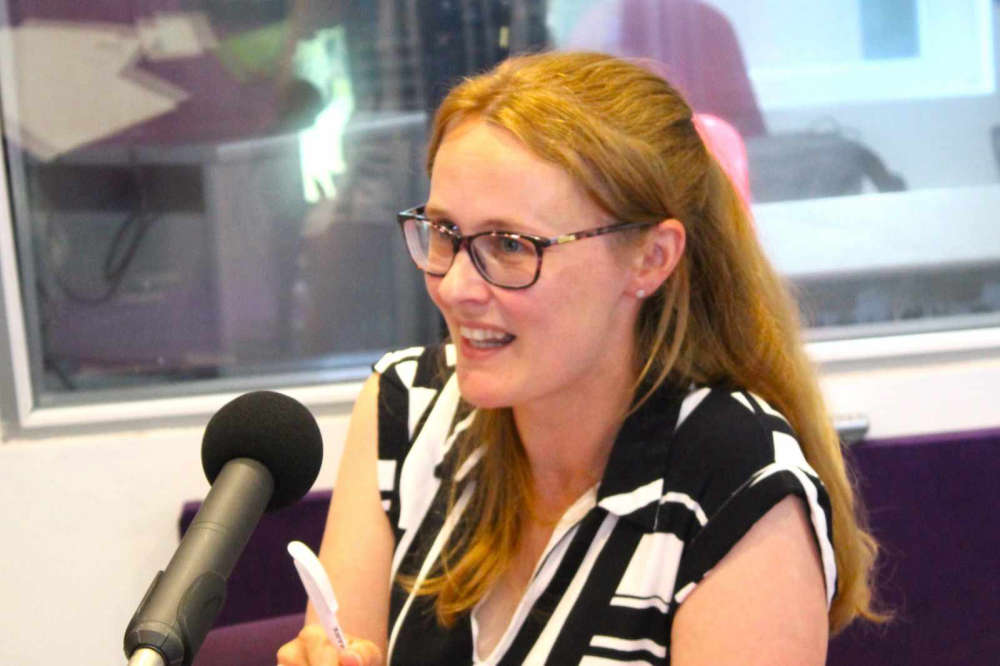
"Last year an NHS dentist told me in private that there were no available NHS dentist places in all of Lancashire – a truly horrifying statement which was then confirmed by a BBC investigation.
"I have been made aware of data collected by the House of Commons Library which showed that just 36.8 per cent of adults and 47.1 per cent of children had seen a dentist in recent years.
"The majority of my constituents struggle to access an NHS dentist, and this is a scandal.
"To highlight quite how bad things have become, last year the BBC reported on a Ukrainian refugee who returned to Ukraine to access a dentist, because there were none available here. This is absurd on so many levels.
"To be blunt, dentistry in England has been a mess for quite some time and the last Government simply sat on their hands. This year, NHS Dentist numbers in England have hit the lowest level in a decade and the British Dental Association shared concerns that there was no tangible plan to fix that when the last Prime Minister, Rishi Sunak proposed non-qualified practitioners perform dentistry.
NOTE - in 2023, during a press conference to launch the NHS Long Term Workforce Plan, Mr Sunak suggested that more dental work could be carried out by “allied health professionals or therapists”, with the plan aiming to increase training places for dental therapists and dental hygienists to more than 500 by 2031/32.
"In 2021, when this issue noticeably started to grow, I put questions to Government ministers asking what they were doing to improve access to NHS dentists, and particularly to make the necessary long-term changes to better incentivise dentists to provide NHS treatment rather than go private, as so many are doing.
"Frankly, there are fundamentally not enough places, and the last Government continued to fail to invest in NHS dentistry and now we are seeing the detrimental effects of their abysmal record. I am relieved to have a new Labour Government which is committed to reversing the decline in NHS dentistry by providing 700,000 more urgent dental appointments and recruit new dentists to areas that need them most. To rebuild dentistry for the long term, Labour will reform the dental contract, with a shift to focusing on prevention and the retention of NHS dentists.”
Lizzi Collinge, MP for Morecambe and Lunesdale (below), said:
"The levels of tooth decay in our communities is shocking and lays bare years of failure to tackle both prevention and treatment.
Lizzi Collinge is pictured below with Wes Streeting, Secretary of State for Health, on a visit to a dentist in Bare earlier this year
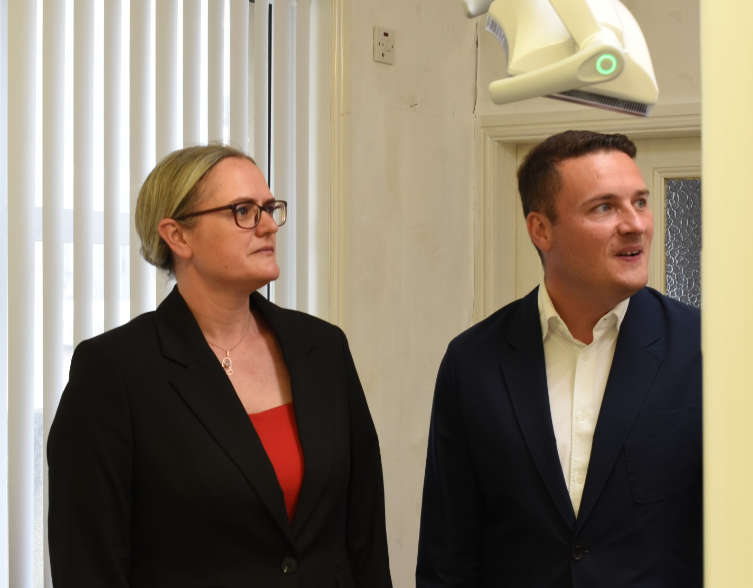
"Fundamentally, the vast majority of tooth decay is preventable and with the correct education, access to dental hygiene and healthy food, we can stop the rot. But this has to go hand in hand with access to NHS treatment. It’s devasting that taking out rotten teeth is the leading cause of general anaesthetic use in children both locally and nationally.
“Tooth decay is just one symptom of how our health as a nation has declined over the last 14 years. The impact of a less healthy nation is clear, not only on our health services, but also on our economy with more people kept out of work by preventable long-term conditions and long waits for treatment. Cuts to public health budgets and closures of Sure Start centres have meant that our children are no longer supported to get a good start in life.
“This is why we’re transforming the way the NHS works to make it focused on prevention. This includes working with dentists to design a sustainable system and stop the flow of dentists leaving the NHS as well as introducing supervised toothbrushing for 3-5 year olds to embed good habits early.
"The new Government has said their Dentistry Rescue Plan will
• Fill the gap of appointments with an extra 700,000 urgent and emergency dental appointments a year
• Flood dental deserts with new dentistry graduates, with golden hellos of £20,000 for those who spend at least three years working in underserved areas
• Include supervised toothbrushing for 3- to 5-year-olds, to prevent children forced to hospital to have their rotting teeth pulled out
• Reform the dental contract, to rebuild NHS dentistry and make sure everyone who needs a dentist can get one.
A spokesperson for the British Dental Association said there is "an NHS dental access crisis, that isn’t unique to hospitals in Morecambe Bay".
"There are several reasons for this, including failure by successive governments to invest in dentistry to adequately meet the needs of the population (in fact, the government only funds NHS dental for around half the population, and in real terms, the NHS dental budget has been cut by over a third since 2010 – a real cut of £1bn.) These have also failed to reform a much-criticised contract that has been in place since 2006.
"In July 2023, the Health and Social Care Select Committee report branded the current contact as 'not fit for purpose' and described the state of the service as 'unacceptable in the 21st century'. A similar inquiry by a health select inquiry into NHS dentistry came to the same conclusion back in 2009.
"The Government’s response – published at the end of 2023 – failed to fully accept the core recommendation for urgent and fundamental reform of NHS dentistry, and the proposed measures to retain dentists working in the NHS.
"Payments to NHS dentists don’t always cover the costs of delivering treatment, eg dentists are paid the same for doing three fillings as for 10- multiple fillings. Dentists on the high street are self employed contractors and invest their own funds (not taxpayers) to buy and equip dental practices as well as paying ancillary staff, admin etc, thus if payments fail to meet costs, this means delivering NHS dental care is increasingly unviable, and more dentists are reducing their NHS commitment if not quitting altogether.
"Add to this, the impact of the pandemic, (regulations severely curtailed the number of patients dentists were allowed to see during this period) which resulted in a massive backlog of unmet need. This still has repercussions today. Access problems have marked the return of scenes that belong in the Victorian era, with more than eight n 10 dentists having treated patients who attempted DIY dentistry.
"It has long been established, even before the pandemic, that tooth decay is the number one reason for hospital admissions among children aged five to nine. On average 190 children undergo extractions every working day, and two thirds of these are due to decay. Children and people with special needs face unacceptable waiting times for hospital tooth extractions, with average waits in some areas as long as 80 weeks.
"All in all, the national situation is bleak, so we are not surprised by the comments.
"People presenting to A&Es with severe dental problems is usually the end stage of people in pain, oral infections, or even botched DIY dentistry, and desperately seeking dental care which has eluded them so far, either because they can’t get a dental appointment or the cost-of-living crisis means they cannot afford the care."
Data from NHS Digital's NHS Dental Statistics publication shows that the number of dentists with some NHS activity in Morecambe Bay was 195 in 2023/24, down from 247 in 2022/23, but up from 147 in 2019/20.
The percentage or children seen by a dentist in Lancashire in 2024 was 58.9 per cent. This compared to 33.3 per cent in 2021 and 61.7 per cent in 2016.
The percentage of adults seen by a dentist in Lancashire in 2024 was 40.1 per cent. This fell to a 10 year low of 35.8 per cent in 2022. In 2015 it was 52.1 per cent.
There are currently (as of August 2024) 16 dental practices in Morecambe and Lunesdale constituency. Of these, one is a fully private practice. All others accept both NHS and private patients.
The increase in the number of dentists in Morecambe Bay has led to a decrease in the population per dentist from around 2,260 in 2019/20 to just under 1,700 in 2023/24.
We contacted the Morecambe Bay Hospitals Trust who referred us to the NHS Lancashire and South Cumbria Integrated Care Board (ICB) for comment.
Read more: https://www.publicinterestlawyers.co.uk/dental-negligence-claims/research-tooth-decay-uk/



 Morecambe Winter Gardens to open to public for new season
Morecambe Winter Gardens to open to public for new season
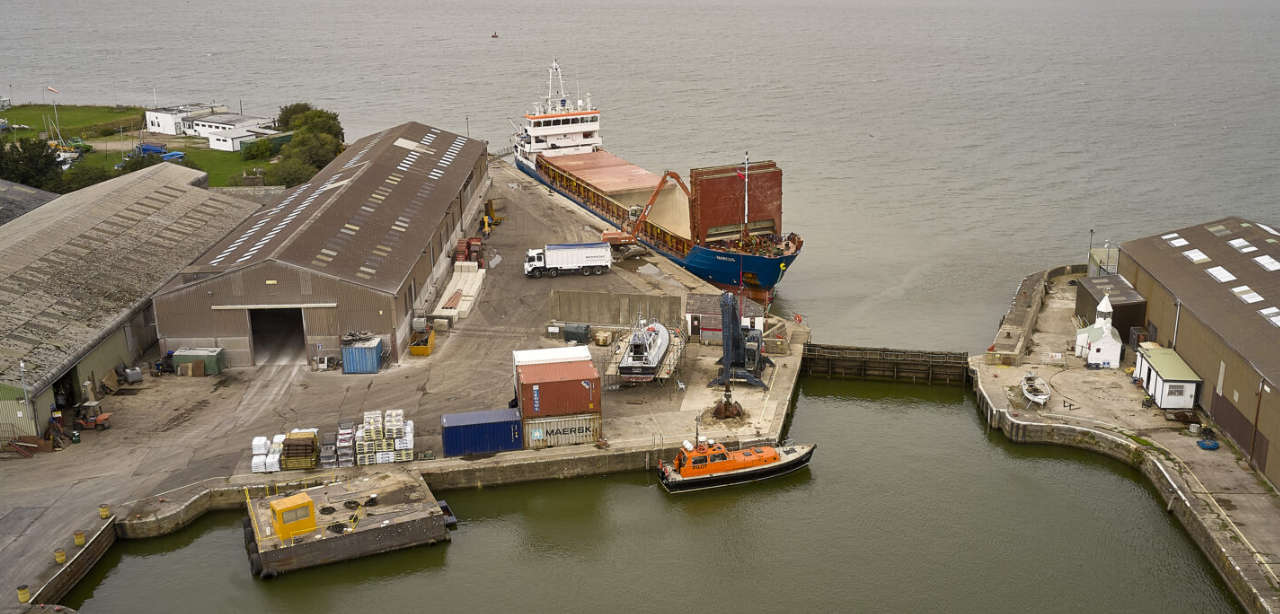 Cash for repairs to Lancaster Port gate announced in £6.5m flood defence package
Cash for repairs to Lancaster Port gate announced in £6.5m flood defence package
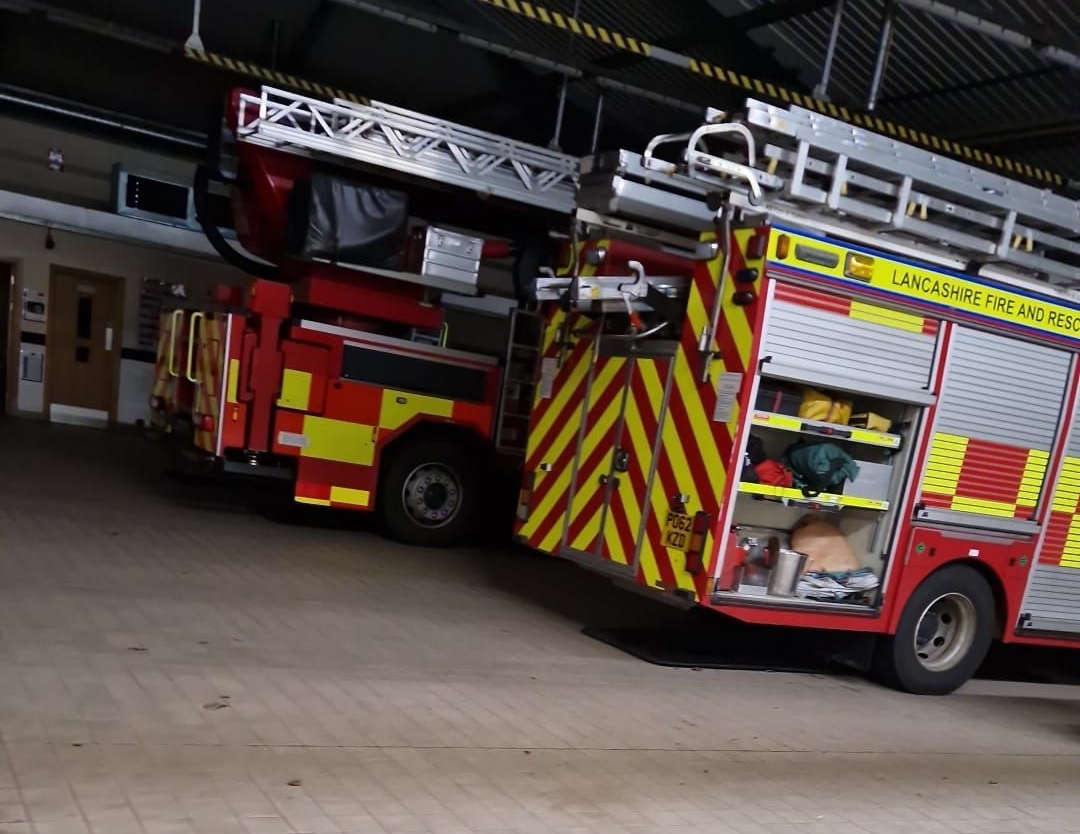 Carnforth fire crews issues safety advice after tackling blazes in the open
Carnforth fire crews issues safety advice after tackling blazes in the open
 EXCLUSIVE: Battle of Britain Dakota display announced for Armed Forces Day in Morecambe
EXCLUSIVE: Battle of Britain Dakota display announced for Armed Forces Day in Morecambe
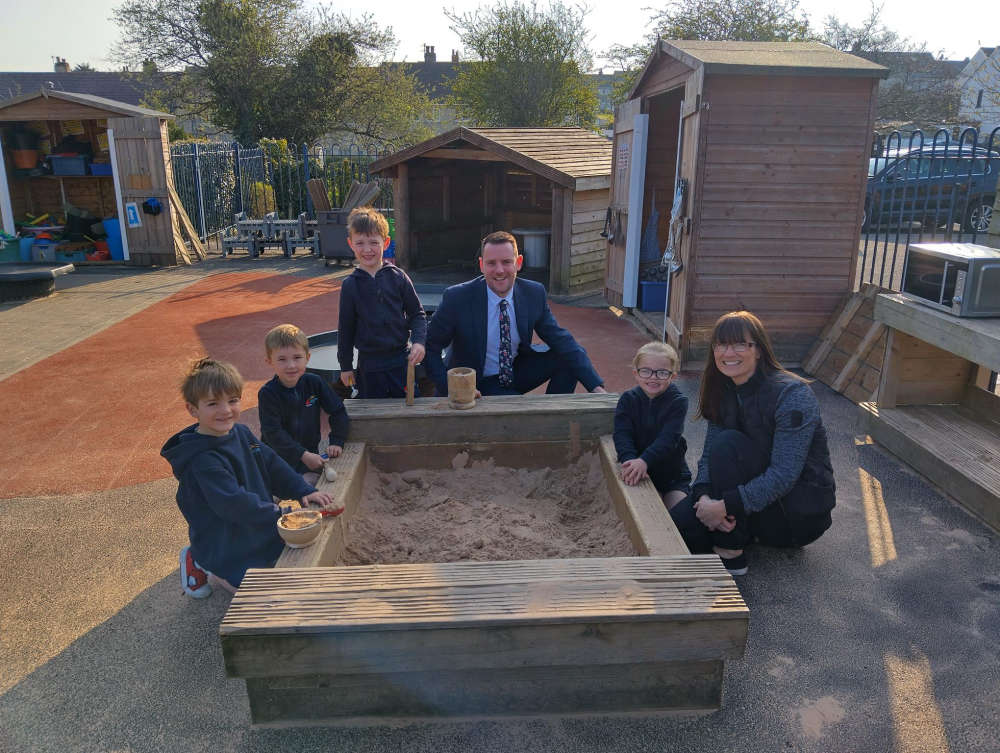 Heysham school to open new nursery after government cash boost
Heysham school to open new nursery after government cash boost
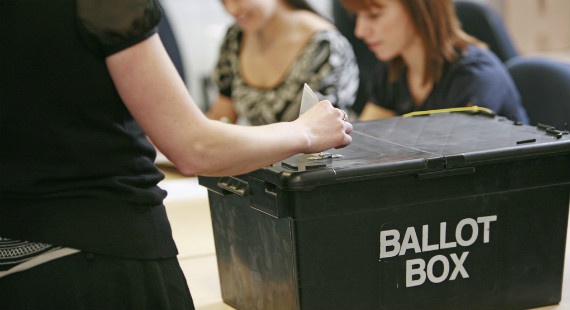 Local election candidates announced
Local election candidates announced
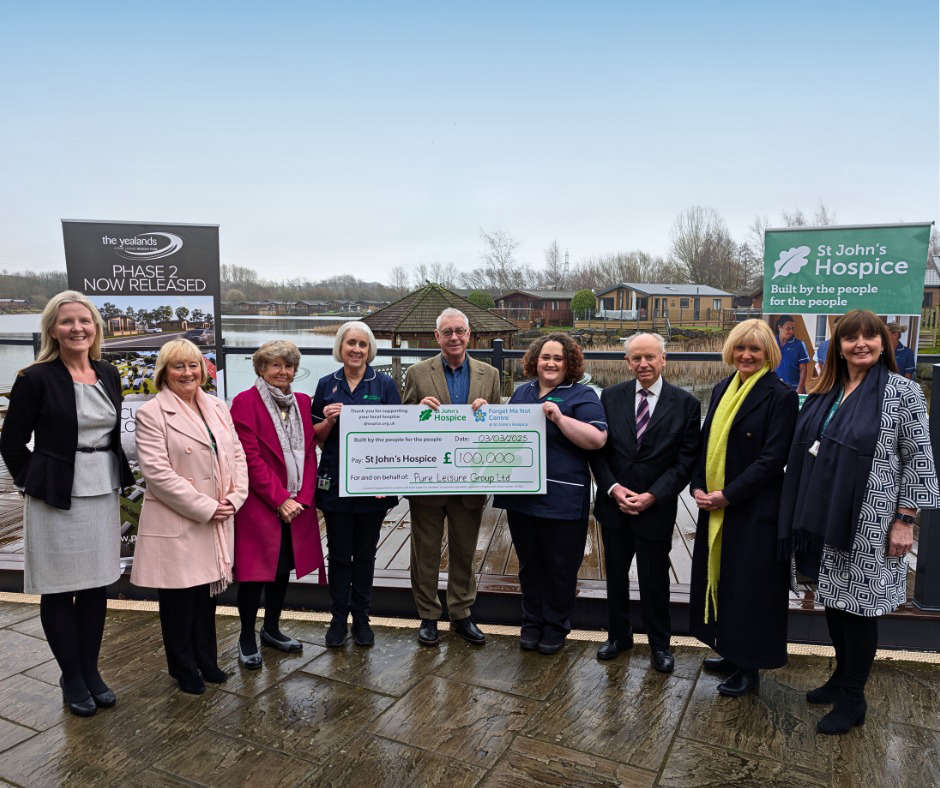 Holiday park empire donates £100K to Lancaster hospice
Holiday park empire donates £100K to Lancaster hospice
 Lancaster and Morecambe events will 'Spring into Action' over food
Lancaster and Morecambe events will 'Spring into Action' over food
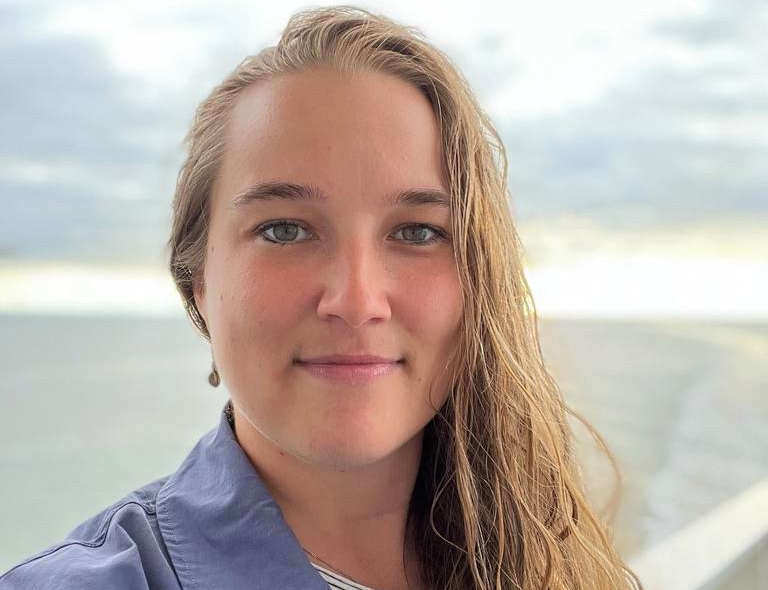 Lancaster City Council shortlisted for four local government awards
Lancaster City Council shortlisted for four local government awards
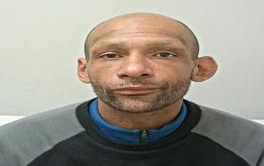 Man pleads guilty to Heysham murder
Man pleads guilty to Heysham murder
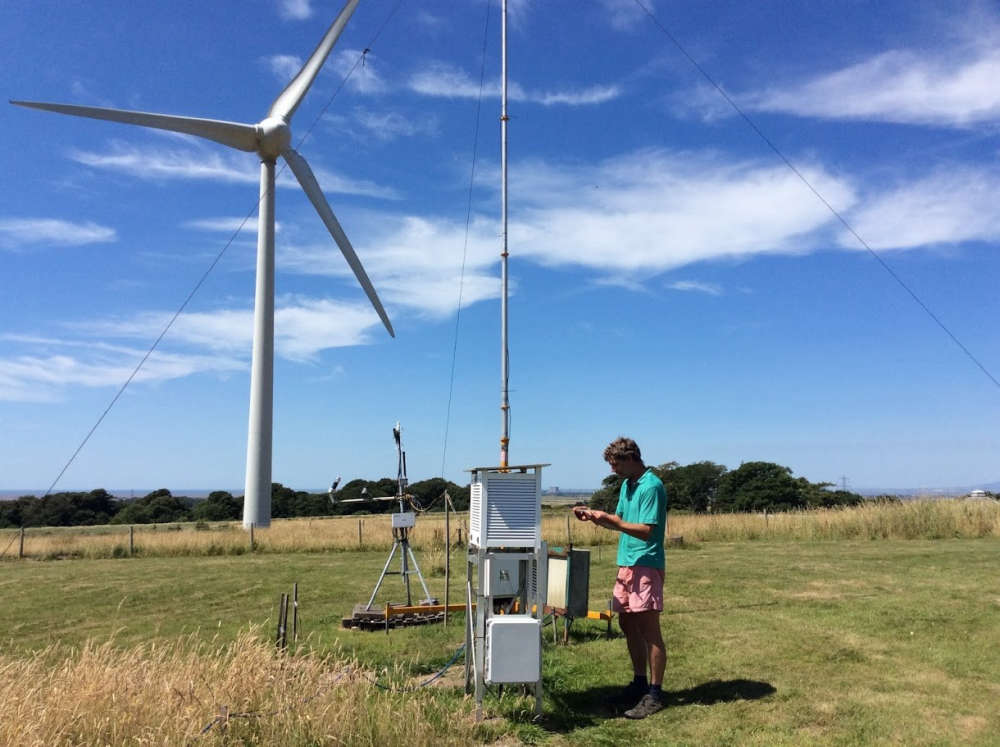 Driest March in Lancaster since records began
Driest March in Lancaster since records began
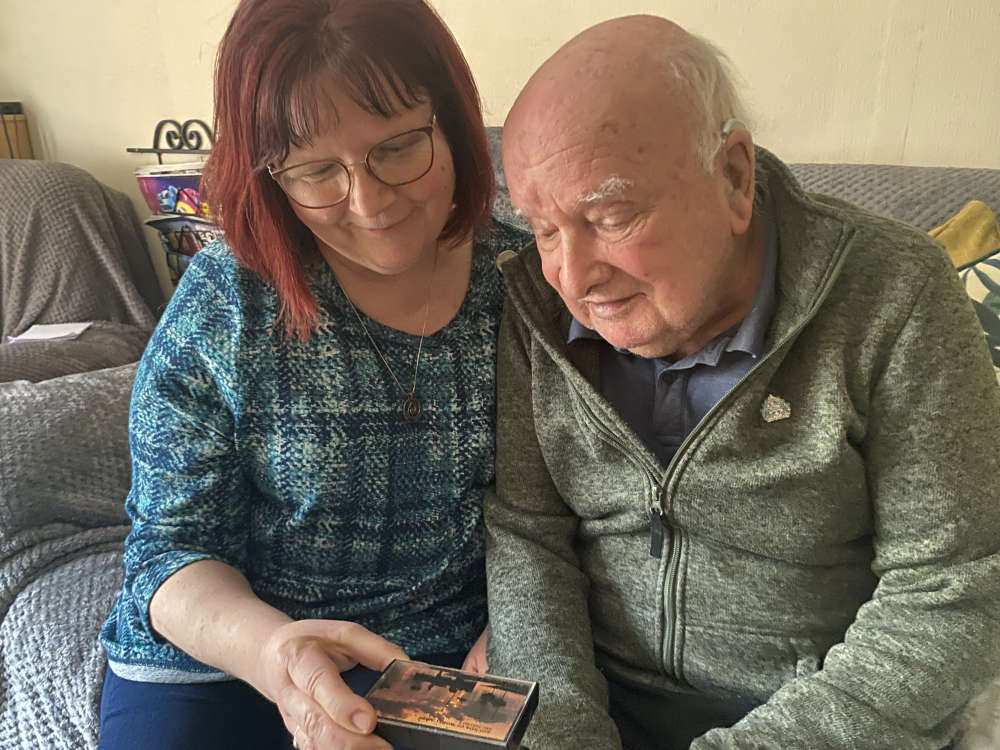 Pioneering Morecambe 'podcast' from 1980s unearthed after 44 years
Pioneering Morecambe 'podcast' from 1980s unearthed after 44 years
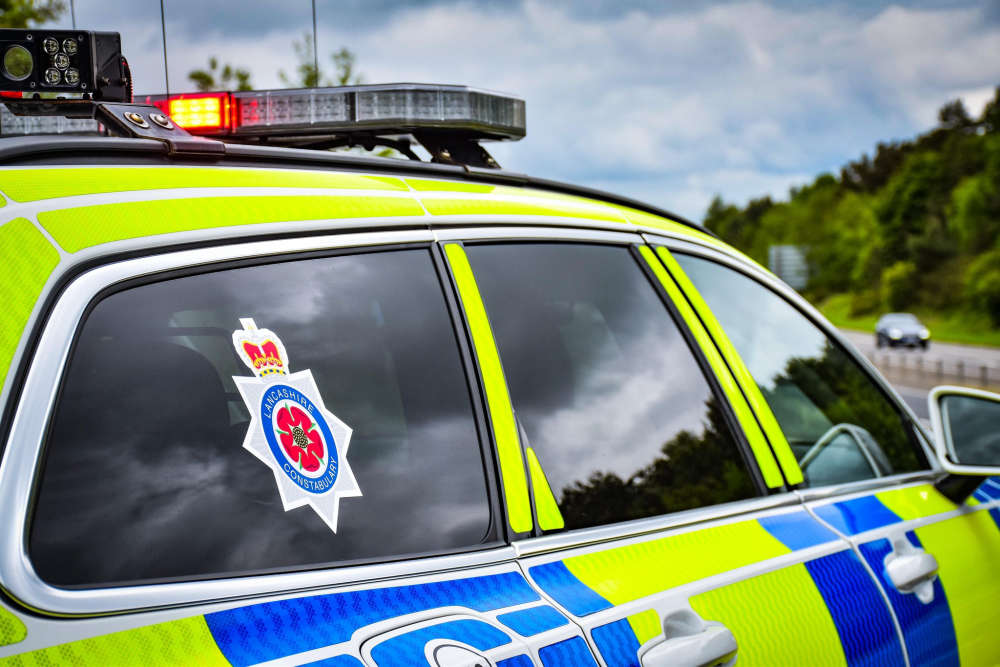 Lorry driver from Morecambe arrested after positive roadside drug test
Lorry driver from Morecambe arrested after positive roadside drug test
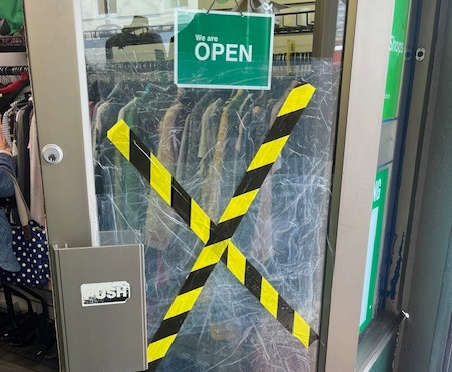 Hundreds raised after vandalism to Lancaster hospice shop
Hundreds raised after vandalism to Lancaster hospice shop
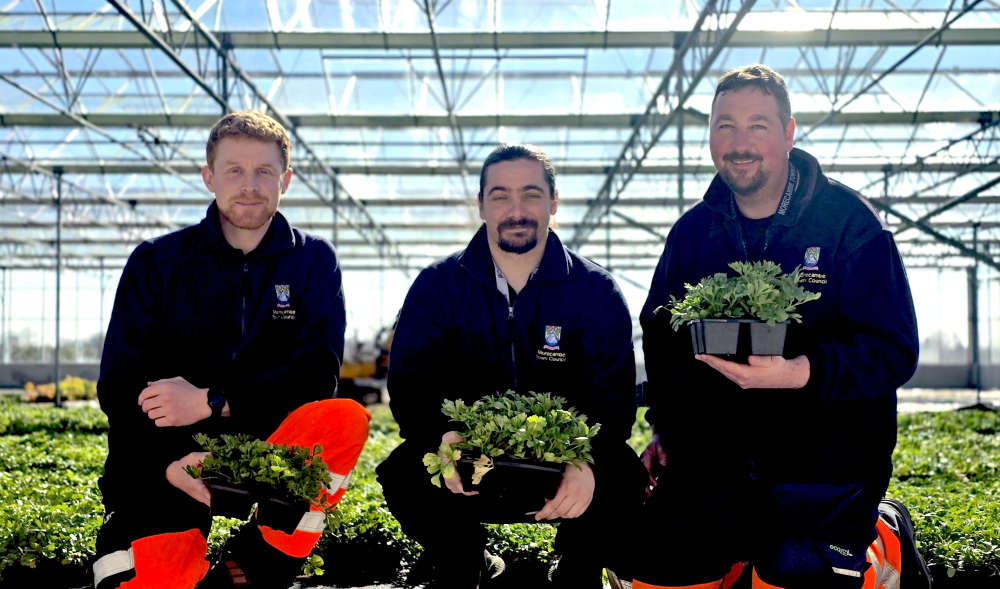 Plans under way to bring spring flowerbed planting back to Morecambe
Plans under way to bring spring flowerbed planting back to Morecambe
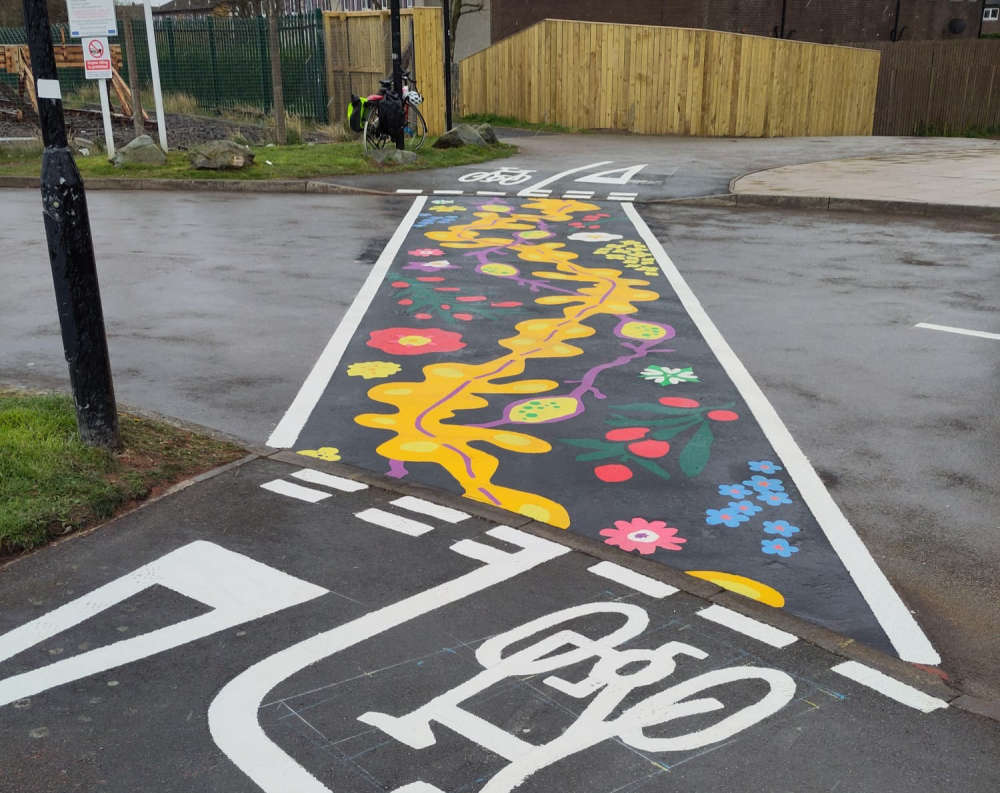 New cycle and pedestrian friendly crossing completed in Morecambe
New cycle and pedestrian friendly crossing completed in Morecambe
 INTERVIEWS: Morecambe Bay visitor guide launched with high hopes for tourist season
INTERVIEWS: Morecambe Bay visitor guide launched with high hopes for tourist season
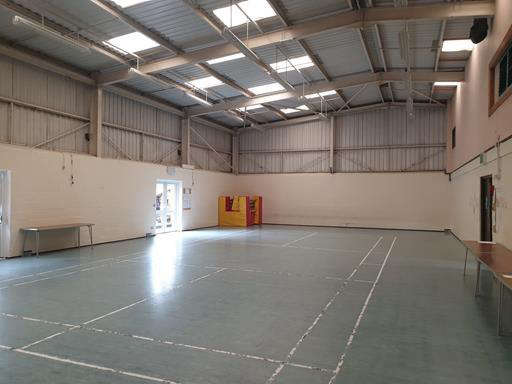 Council looking at ways to fund £1m refurb of village hall in Carnforth
Council looking at ways to fund £1m refurb of village hall in Carnforth
 Pan-disability game at Morecambe FC will raise awareness of autism
Pan-disability game at Morecambe FC will raise awareness of autism
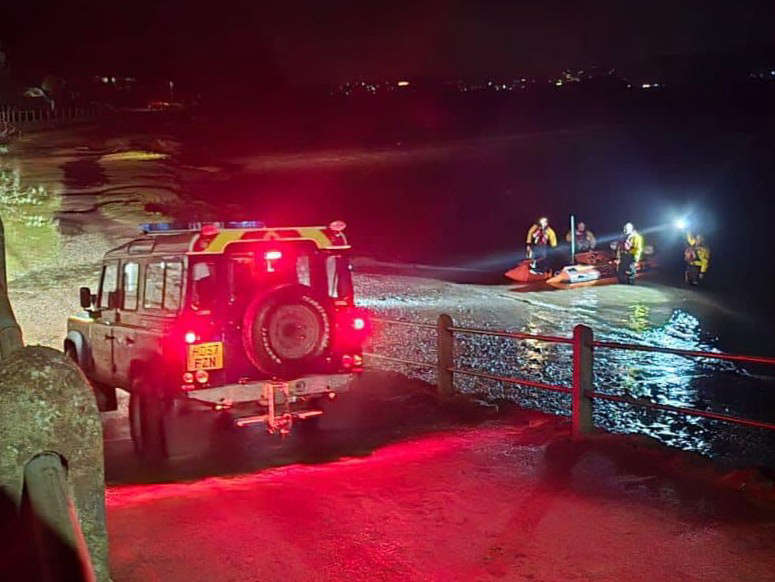 Morecambe lifeboat crew respond to reports of ‘flashing lights and red flares’
Morecambe lifeboat crew respond to reports of ‘flashing lights and red flares’




